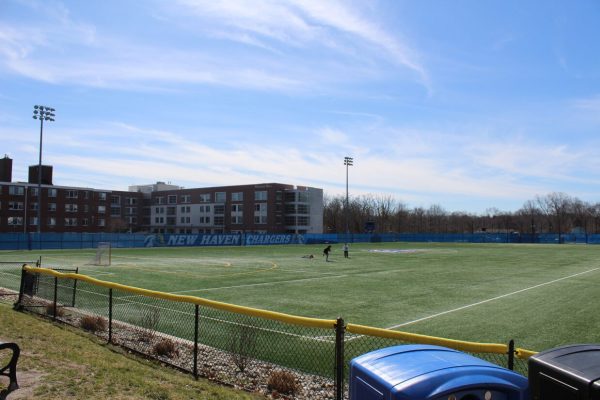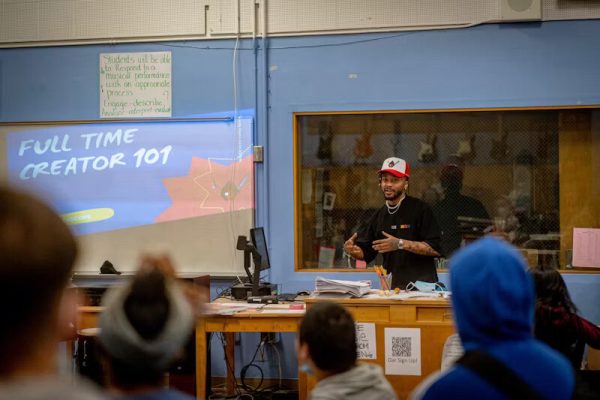Deconstructing Taboos: The value of academia
For most students, the value of academia is highly regarded as the ultimate sign of success. Even more so, the definition of higher academia has become muddled with economic propositions that directly feed into capitalism rather than embracing the noble pursuit of knowledge.
The National Association of Student Financial Aid Administrators wrote, “As the rising cost of college and increasing student debt levels continue to garner public attention in the media and on Capitol Hill, the value of a higher education has been closely scrutinized.”
On the same page, they list a multitude of studies and analyses that support the fiscal need for higher education, ultimately contending that it is worth the price paid. However, education and academia remain deemphasized in present society while overcharging people for access to knowledge.
For the fiscal year 2021, the federal education budget was reduced 8.4% to 66.6 billion while the defense budget experienced a .01% increase to 705.4 billion with a planned emphasis on “modernization of a more lethal force.” This comes after years of public and political push for more attention given to education and multiple studies reflecting a gross underfunding of the education system.
In 2018, the American Federation of Teachers released a statement that showed a $19 billion annual deficit in education funding. In 2020, this number rose to $150 billion in an analysis conducted by The Century Foundation. Both statements, and many like them, explain the lack of resources afforded to students and teachers alike in the K-12 system, specifically caused by a lack of funding.
This issue of devaluing education pervades budgets and K-12 education, further infiltrating the world of higher academia through information and access gatekeeping. Despite programs such as Michele Obama’s 2020 “Reach Higher” campaign and President Joseph Biden’s election platform on education, the structure of higher academia remains an exclusive one.
This exclusivity or higher academia is best modeled by the academic publishing industry. While there are some open-access sources, they are not the majority; most academic journals and articles require payment to be accessed. Large publishers such as Reed-Elsevier, Wiley-Blackwell and Springer control the majority of publications requiring individual subscriptions for access. If a person is enrolled in university, they may have access via their institution, but it comes at a cost.
Increasing subscription costs have recently led to what one Vox article coins as the “Open Access Wars,” as librarians and universities try to haggle down subscription costs and sometimes make the hard decision to reduce their subscription, and thus, access. This war has resulted in reduced access to academia, not only for the average American but also for those actively invested in academia. Springer chief publishing officer Inchcoombe said that this devalues the pursuit of education and information and that “Open access is absolutely in the best interest of the research process.”
Beyond fiscal access, universities themselves are falling into a pattern of deemphasizing education in favor of credentials, as one Forbes article posits. Despite many universities’ promises in creating “lifelong learners” they seldom follow through, modeling their education like an assembly line producing degree completion rather than educated citizens. Reduced tuition for a second degree and half-heartedly advertised certificate programs do not make a lifelong learner.
Ultimately, education is not valued on a macro-level as seen in funding nor on the micro-level of singular institutions, providing easy access and prolonged educational experiences. Instead, education is viewed as a means to further advance in the capitalist structure of society to achieve a modicum of monetary success, rather than the pursuit of knowledge for its own sake. And even with this understanding, it is only accessible to those with the means. Where education was once used to ascend societal structures and challenge them, it has now become indoctrinated as support for societal structure, however diminutive it may be.

Isabelle Hajek is a senior at the University of New Haven majoring in psychology with a concentration in forensics and a double minor in criminal justice...








